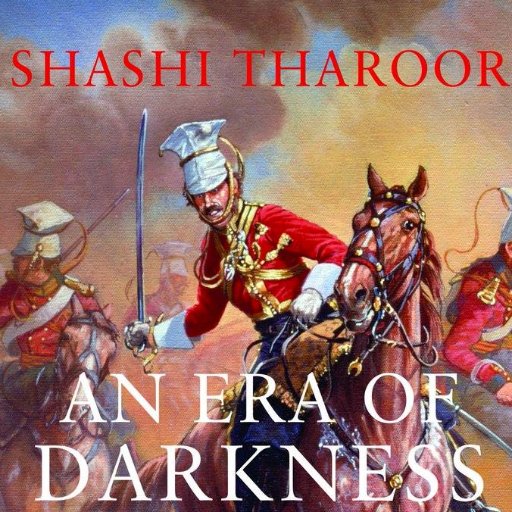Writers are every now and again given a gift from the “news,” a nugget that serves to be an easy opening gambit. The 45th President of the United States, Donald Trump, delivered a perfect one recently by installing a bust of Churchill in the Oval Office.
One would indeed get this impression from the typical romantic (and racist) hagiographies that pass as “history.” To read such pabulum is to be at play in the fields of elision.
When it comes to India and Indians, Churchill’s virulence, racist, and thirst for blood was at its worst. In perhaps the most shameful episode of imperialism-as-genocide, Churchill let 3-4 million Bengalis starve in the early-mid Forties while India contributed massively to the European War. Madhusree Mukerjee’s brilliant and searing account of Churchill’s active and racist connivance in the Bengal Famine – Churchill’s Secret War– is a salutary corrective to the canonical and ahistorical narrative of Winston-as-savior.
Unfortunately, the false narrative is the one that has carried the day. This is not just a case of “to the victors go the spoils” even when it comes to the production of knowledge. No. There has been a deliberate attempt by former colonizers and former colonists to converge on a convenient history of forgetting. India is covered with restaurants, hotels, road and neighborhood names, and other artifacts and symbols of respect to the oppressor. I remember an incandescent moment in my own life when dining in the “Curzon Room” in a hotel in Delhi. I don’t remember the taste of the food, only of my own bile.
In just such times- when history is beckoning to being written and written fairly- Shashi Tharoor has given us An Era of Darkness, a poetically written and accessible fulmination against British Colonialism in India and its apologists. Tharoor has produced a work- as important a popular book as I have seen recently- that describes the myriad ways in which the British lied, stole, murdered, and legislated their way into the biggest crime in history- one with an unimaginable body count. With deindustrialization and the forcing of famine, with onerous taxation to outright murder, with racist hypocrisy and unimaginable malevolence, the two-century British encounter with India denuded the latter of enormous wealth, life, and outright economic leadership in the world.
Tharoor’s sense of history, knowledge of politics, and deep abhorrence of the racist violence (physical and economic) perpetrated by the British are written majestically into the narrative, making The Era of Darkness not only important but at once both emotionally inspiring and draining. Inspiring because the book reminds us the power of the pen to start the process of seeking justice for wrongs (to the extent that is possible) and draining because of the cruelty that cannot be undone. As with Mike Davis’s Late Victorian Holocausts, Tharoor’s book will provoke anger that must be channeled into progressivism.
The Bust of Churchill in the Oval Office should now be a symbol of protest against the greed, malevolence, and thirst for blood that characterized both the British in India and also, sadly, the dispensations we see popping up all over the world.
The best crystal ball, Tharoor reminds us, might indeed be the rear-view mirror.
Romi Mahajan can be reached at [email protected]


















































